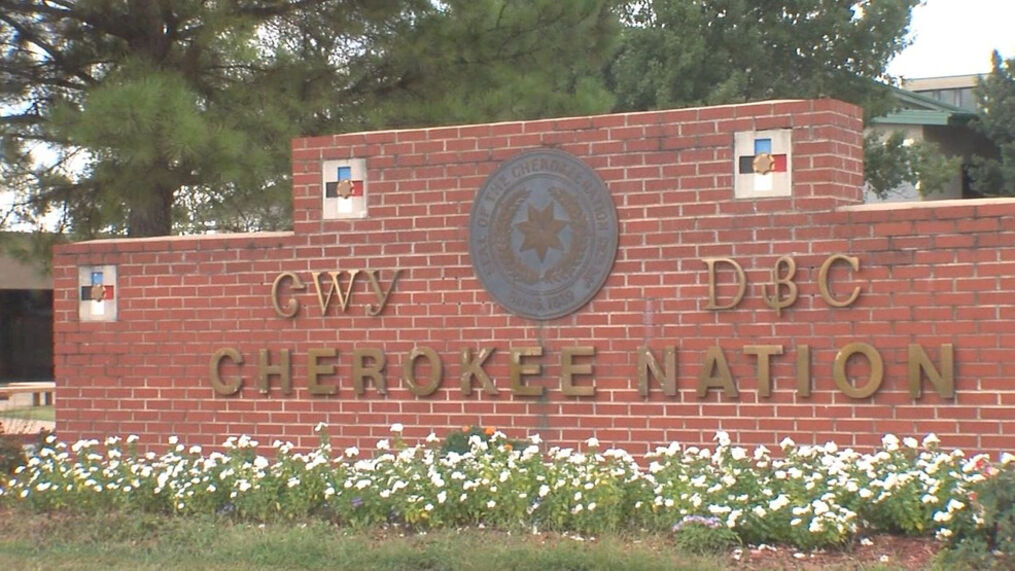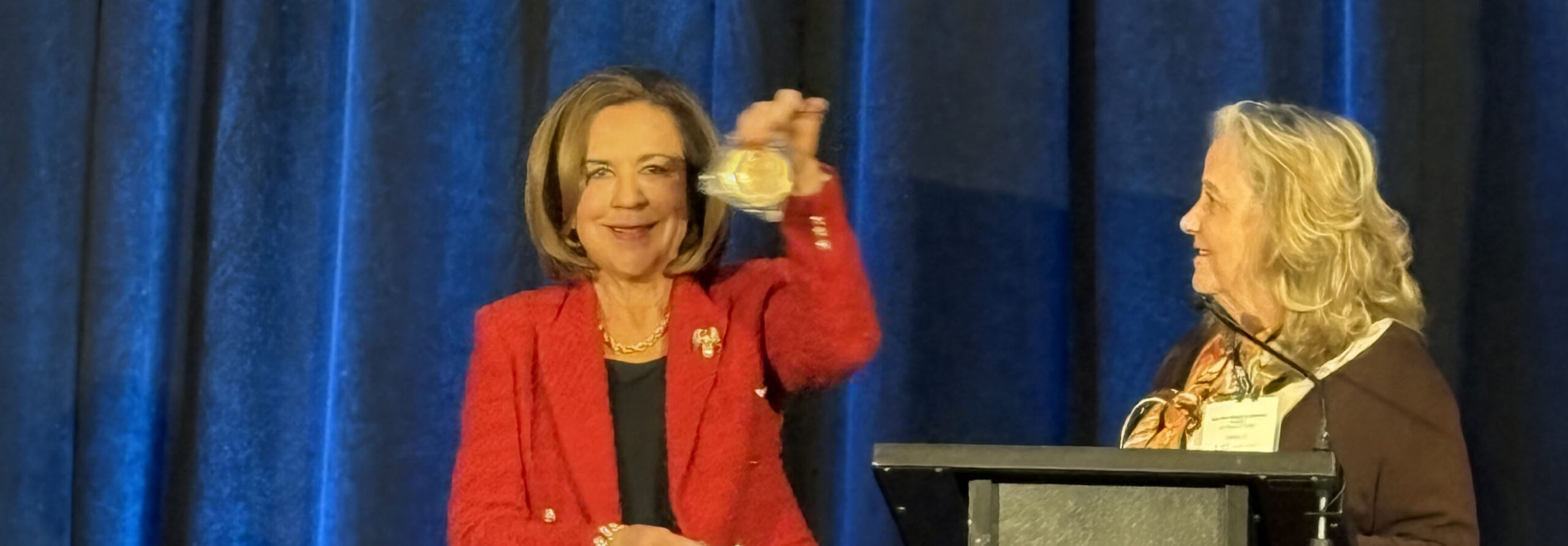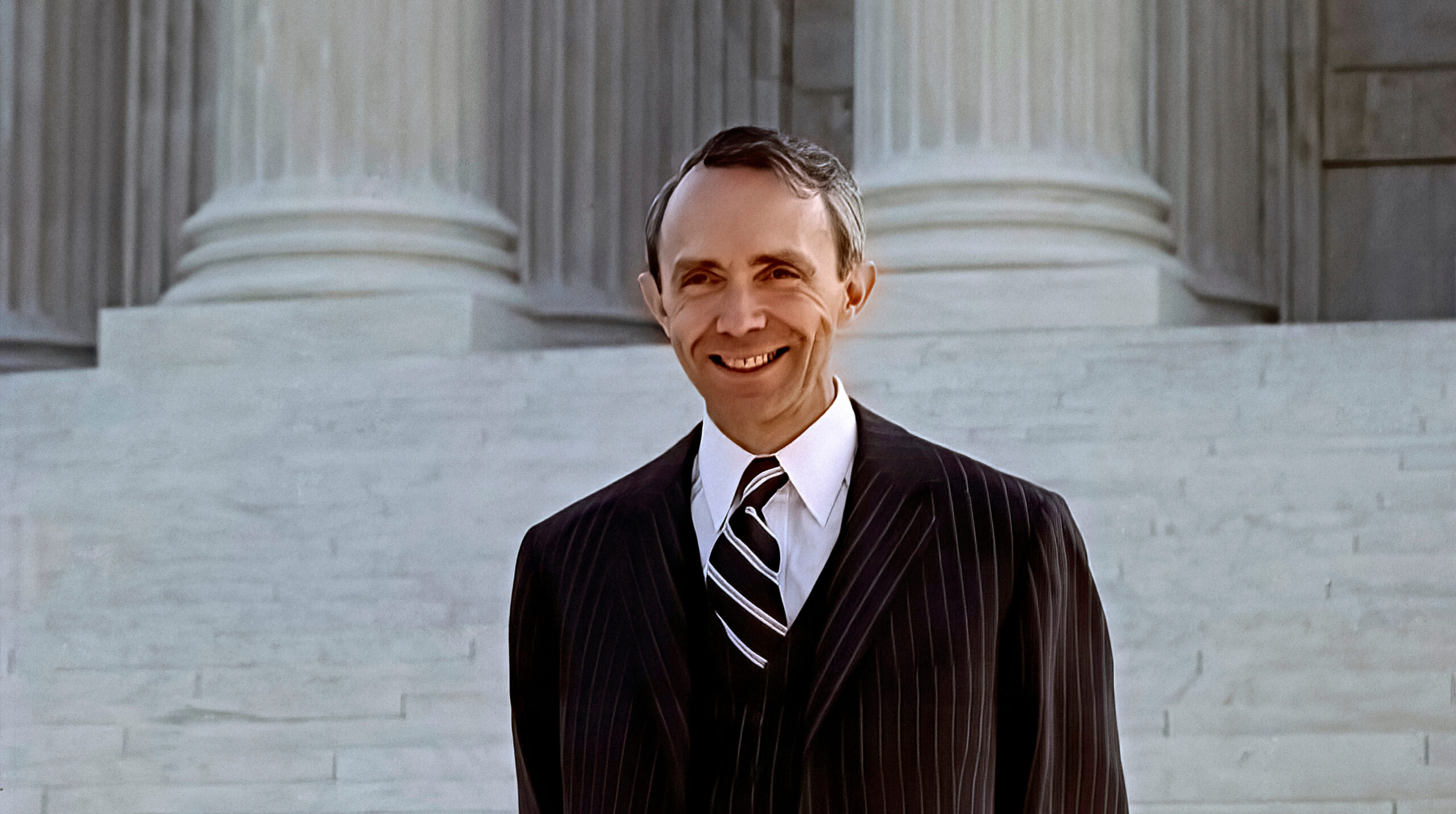
Last month the Supreme Court of the Cherokee Nation handed down a decision that likely surprised many people. The court said that the descendants of African slaves who lived on Cherokee land in the 19th century are, for all intents and purposes, Cherokees, if they want to be considered such.
The ruling says much about how Native people view identity. Let me explain how and why.
The Cherokee leadership, having somewhat assimilated to the non-Native society in the antebellum South, also embraced slavery throughout the pre-Civil War period. They ended up siding with the Confederate States in the Civil War because the government of Jefferson Davis offered the Cherokee full recognition as a sovereign, additional funding, and partial representation in the Confederate government. Like the Confederates, the Cherokee also opposed a central federal government.
In 1866, after the defeat of the Confederacy, the Cherokee entered into a new treaty with the United States. The federal government would recognize the authority of the Cherokee Nation and all previous treaty obligations. The Cherokee, however, had to stipulate that all freed slaves (Freedmen) and other Black people living in the country at the start of the war and their descendants would have all the rights enjoyed by native Cherokees.
This provision benefitted the United States because it made the Cherokee responsible for the postwar health and welfare of the former slaves then living in the Cherokee territory.
The rights of these Freedmen would be a constant thorny intratribal issue for the next 155 years.
There was language in various tribal laws and even a change to the Cherokee Constitution that limited some benefits of Cherokee citizenship to only those who were Cherokee “by blood,” thus excluding Freedmen and their descendants.
On February 22, 2021, the Supreme Court of the Cherokee Nation settled the matter for all time.
In a final order in the case of In re: Effect of Cherokee Nation v. Nash and Vann v. Zinke, the highest Cherokee court declared that all tribal laws, policies, regulations and constitutional provisions that limited full Cherokee citizenship by including the term “by blood” were unconstitutional and unlawful based on the language in the 1866 treaty.
That meant the descendants of the Freedmen must now be provided all the benefits of full tribal citizenship, including the right to run for elective office.
This decision was a recognition – shared by many tribes – that membership in a Native nation depends not on what “percentage” Indian one is, according to one’s family tree. This is called the “blood quantum” test. Rather, tribal enrollment is based on “lineal descendancy.” An applicant must only be able to provide proof of a direct line of ancestry to someone on an official historical roll.
In the case of these descendants of Black people enslaved in Cherokee Territory, several rolls of Cherokee Freedmen were created by commissioners of Indian Affairs between 1890 and 1896. These were consolidated into what is known as the “Wallace Rolls,” named for Special Agent John W. Wallace, who conducted the first investigation into the matter. Any descendant of a Freedman who wants to join the Cherokee today would simply have to prove their relationship to someone on that roll.
I consider the following language from the Cherokee Supreme Court’s final order to be a beacon of Indian Country commitment to racial justice and equality:
The ‘by blood’ language found within the Cherokee Nation Constitution, and any laws which flow from that language, is illegal, obsolete, and repugnant to the ideal of liberty. These words insult and degrade the descendants of Freedmen much like Jim Crow laws found lingering on the books in the Southern states some fifty-seven years after the passage of the 1964 Civil Rights Act. ‘By blood’ is a relic of a painful and ugly racial past. These two words have no place in the Cherokee Nation, neither in present day, nor in its future.

The National Judicial College has awarded Missouri Supreme Court Judge Mary Russell with the Sandra Day O�...

Emeritus Trustee Bill Neukom (left) with former Board of Trustee Chair Edward Blumberg (right) at the NJC 60...

The National Judicial College, the nation’s premier institution for judicial education, announced today t...

The National Judicial College (NJC) is mourning the loss of one of its most prestigious alumni, retired Uni...

As threats to judicial independence intensify across the country, the National Judicial College (NJC) today...
